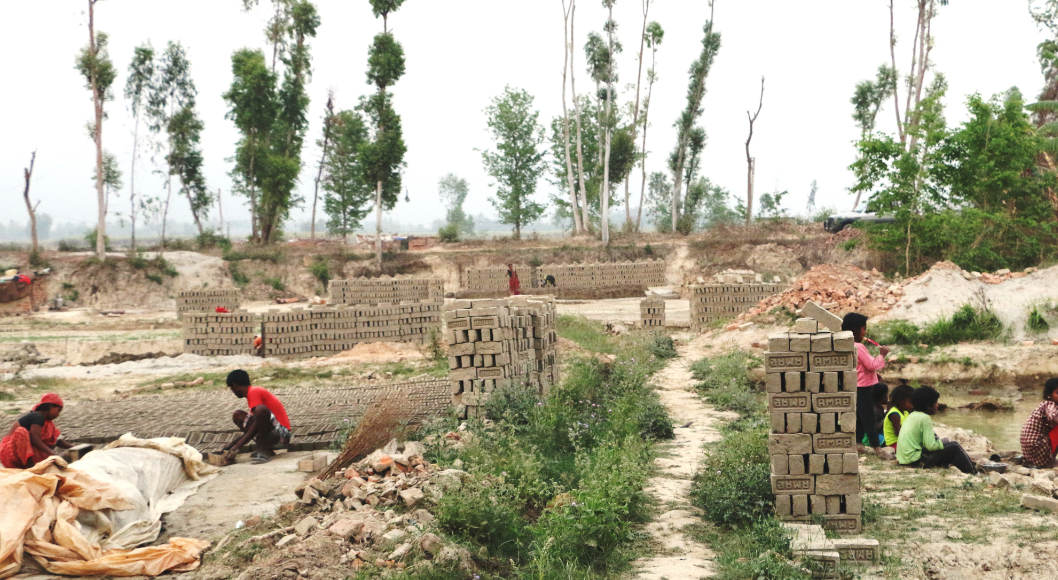Nepal ranks 10th in the world among countries most vulnerable to climate change, and 80 percent of the population faces risks due to climate change. With elevations ranging from a few meters above sea level to the top of the highest mountains in the world, Nepal is susceptible to many climate change threats. Nepal also has high rates of child and forced labor. Children work in hazardous conditions like brick kilns, and marginalized groups are trapped in forced labor through debt bondage and hereditary bonded labor traditions.
Both labor exploitation and climate change disproportionately affect socially excluded, culturally stigmatized groups and people experiencing poverty. Families relying on subsistence agriculture may be pushed into exploitation by climate shocks like flood, drought, and crop-destroying pests. However, more research is needed to better understand the interplay between climate change and labor exploitation and how integrated solutions might address both threats.
Named for the Nepali word that means commitment and ability to respond, our Tatpartaa project is working with Nepali civil society, local governments, and marginalized communities to expand the evidence base on climate change and labor exploitation while developing community-led solutions to simultaneously build resilience to climate change and reduce child and forced labor.
Tatpartaa: Increasing Responsiveness to Child Labor & Forced Labor in the Context of Climate Change focuses on 22 municipalities clustered around four distinct river basin ecosystems that span Nepal’s inhabited physiographic regions from the Himalayas to the low-lying Terai plains.
Tatpartaa’s activities contribute to two objectives. First, participatory research activities will help document the links between climate change and vulnerability to labor exploitation and increase understanding of these links. Second, based on this research, Tatpartaa will support communities to implement child-centered, gender-sensitive and socially-inclusive climate adaptation initiatives. As a cross-cutting strategy, Tatparataa engages vulnerable groups directly to increase resilience and participation among those most at risk and excluded.
Funding is provided by the United States Department of Labor under cooperative agreement number IL000010. 100 percent of the total costs of the project is financed with USG federal funds, for a total of $4 million.



